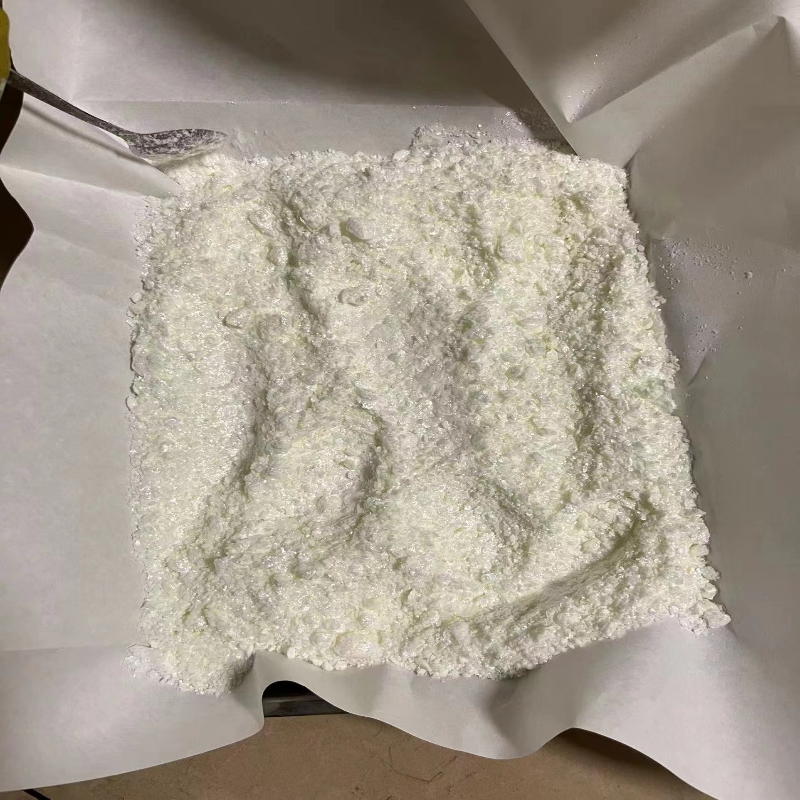-
Categories
-
Pharmaceutical Intermediates
-
Active Pharmaceutical Ingredients
-
Food Additives
- Industrial Coatings
- Agrochemicals
- Dyes and Pigments
- Surfactant
- Flavors and Fragrances
- Chemical Reagents
- Catalyst and Auxiliary
- Natural Products
- Inorganic Chemistry
-
Organic Chemistry
-
Biochemical Engineering
- Analytical Chemistry
-
Cosmetic Ingredient
- Water Treatment Chemical
-
Pharmaceutical Intermediates
Promotion
ECHEMI Mall
Wholesale
Weekly Price
Exhibition
News
-
Trade Service
The magical nature can always bring creative inspiration to R&D personnel
.
Even the chemical industry is no exception
.
Water and oil resistant, inspired by lotus leaves
Water and oil resistant, inspired by lotus leavesRecently, the research and development team of Royal Melbourne University (RMIT) in Australia was inspired by the waterproof structure of lotus leaves to develop a waterproof and oil-proof bioplastic, which can be used in fresh food and takeaway packaging
.
The lotus leaf is almost the most waterproof surface on earth.
This is mainly due to the fact that the surface of the lotus leaf has a layer of waxy protrusions.
Any water droplets that fall on the lotus leaf are still water droplets.
They only roll down with the help of gravity and wind.
It will sweep away dirt and keep the leaves clean
.
The lotus leaf is almost the most waterproof surface on earth
.
(Image from RMIT)
The surface is coated with a silicon-based protective layer
The surface is coated with a silicon-based protective layerThe researchers first designed and synthesized a plastic made of starch and cellulose nanoparticles, and then printed a pattern similar to the lotus leaf structure on the surface of the plastic according to the surface structure of the lotus leaf, and then coated it with a layer of silicon-based organic polymer.
material PDMS protective layer
.
2000 magnification image of the lotus leaf (left) and the columnar structure of the new bioplastic (right) under the microscope
Biodegradable without industrial intervention
Biodegradable without industrial interventionMehran Ghasemlou, lead author of the study and PhD researcher at RMIT, said that while biodegradable plastics are a growing market, most plastics that are biodegradable or compostable require industrial processes and high temperatures to break down
.
The new bioplastic is biodegradable without industrial intervention, and tests have shown that it breaks down naturally and rapidly in the soil
.
scalable production
scalable production"We also designed the material structure formulation with the need for large-scale manufacturing in mind, ensuring it was easy to scale,
" Ghasemlou said.
"The manufacturing process does not require heating or complex equipment, and it can be used on roll-to-roll lines
.
"
Ghasemlou said the team is currently working with a bioplastics company to evaluate further development of these new waterproofing materials
.







